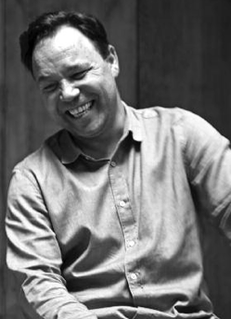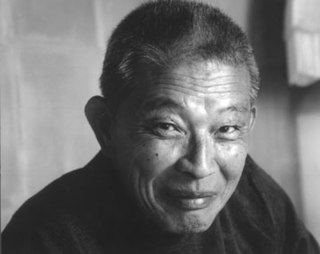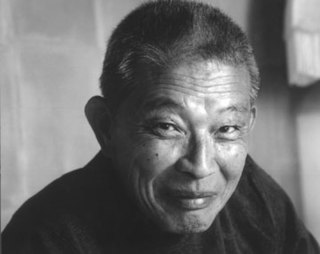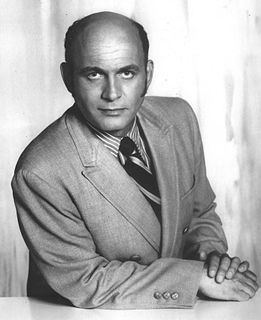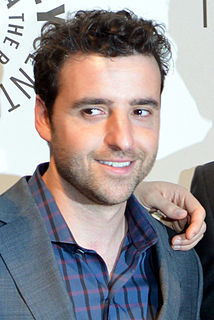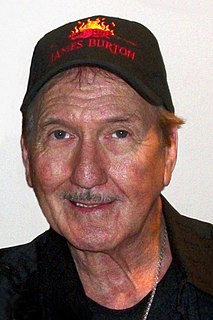A Quote by Kerry Washington
I'm doing this play right now, the new David Mamet play. It's called 'Race,' and it's very interesting how people really leave the theater filled with the desire to talk about the play and the issues and the characters, and how they're all navigating their personal views around race.
Related Quotes
I was doing a play in New York, which we had done in New Haven, Connecticut. It was an American premiere of a play called The Changing Room written by a wonderful man named David Story. It was about a rugby team in the North of England. It got just screaming rave reviews. At that time, virtually every major critic went up to the Long Wharf Theater to see a new play like that.
There was all this talk when Obama got elected about how we were living in a postracial world. But we're not. Until we get to the point where James Earl Jones can play, say, George Washington, race matters. You wouldn't put a white actor in blackface to play Othello. You shouldn't have a white actor in what amounts to yellowface to play Asian.
Seeing the play ( A Lie of the Mind ) clearly is part of why I wanted to direct it. I see hope at the end of this play. People talk about how dark the play was, but I feel like, if you really look at the darkness, you're able to go through it, and you realize that you can handle dark moments in life and that everything will be all right.
I was doing a Broadway play, and I was really new to this business. The Broadway play was my first job, literally. The play next door was a musical called Falsettos. The director got hired to direct this Michael J. Fox movie and was looking for a kid who could play brash and salty and mean [in Life With Mikey].
I can't judge the characters I play, because it's for the audience to do. What I can try to do is to understand and embody what were they going through? How did they make the decisions they made? That to me is a more interesting way to approach something, rather than saying this person is a villain and that person is this and - because it's not very interesting to play that anyway.






